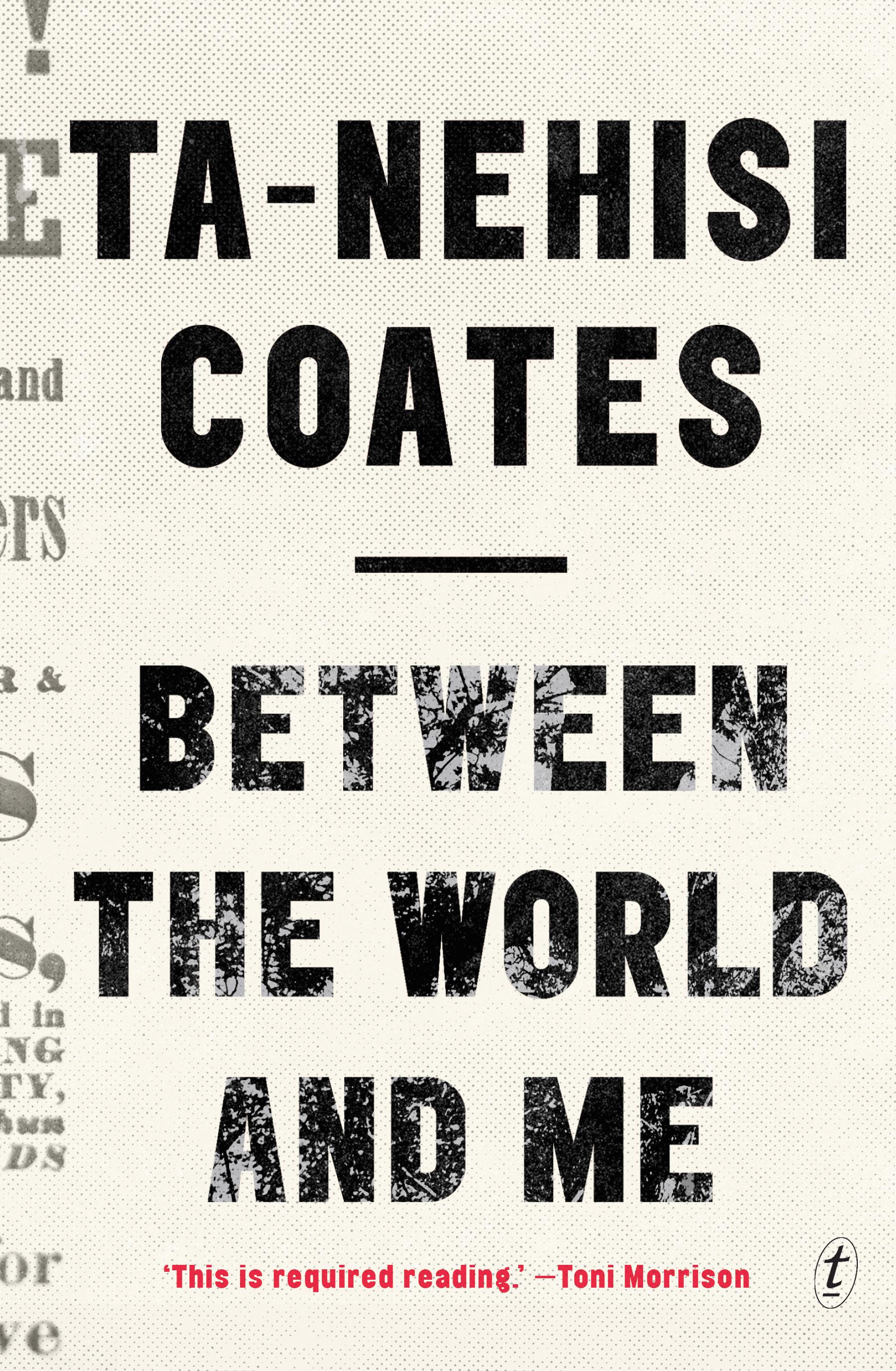One of the problems with today's era of hyperpolarization is the temptation to take pleasure when one's political rivals are running around in a tizzy — even when said tizziness is caused by something that will ultimately cause you and your side pain as well.
Take Donald Trump.
Max Boot and Bill Kristol, in particular are two conservatives who never found a war they couldn't excitedly cheer on. Kristol, in particular, is known for simply being wrong on every great question that's faced the United States for the last few decades.
And today, they're both tweeting up a storm, trying — vainly, I suspect — to rally Republicans against Trump. The panic is manifest:


And so on. And admittedly, in the pit of my stomach, my instinctive response is this:
Tee hee! This is the world you guys helped make! Now you have to live in it! Tee hee!
It's the wrong response. The world in which Trump is conceivably the GOP nominee is a world where Trump is conceivably the president — and in any case, probably coarsens our culture a little further so that even if he fails, we're a little more complacent the next time a Trump-like figure runs.

